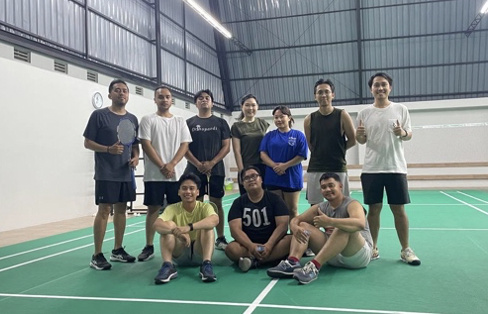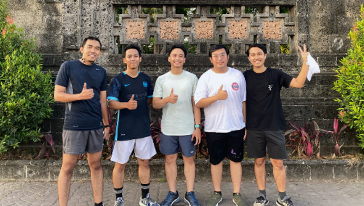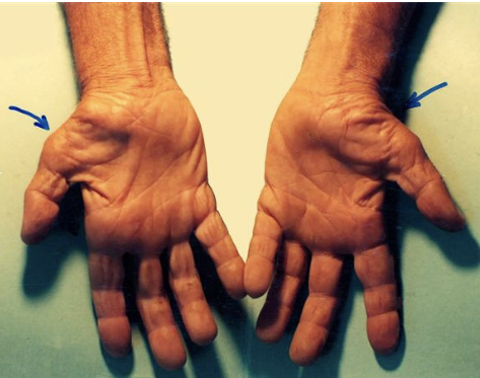Orthopaedic and Traumatology Services at Sanglah Hospital During the Covid-19 pandemic
Severe acute respiratory syndrome coronavirus 2 (SARS-CoV-2) or better known as the Corona virus is a new type of Coronavirus that is transmitted to humans. This virus can infect anyone such as the elderly, adults, children, infants, pregnant women and breastfeeding mothers. The drastic spike in COVID-19 cases due to the Omicron variant in the last month in Indonesia, had reached nearly 65.000 cases in February 2022 which caused the hospital occupancy rate to increase again. The Bali Province Health Office reported the bed occupancy rate as of Sunday (20/2) of 36,06 percent. This amount is for non-intensive isolation at referral hospitals that treat Covid-19 patients. Of the total capacity of non-intensive isolation beds in 62 referral hospitals totaling 2.443 beds, 881 beds have been filled (36,06%)
The Covid-19 pandemic is a serious problem to be faced and solved together. This is because the pandemic has an impact on various aspects of life, one of which affects health services in the fields of Orthopedics and Traumatology. Various efforts have been made by the Department of Orthopedics and Traumatology at Sanglah Hospital to provide good service to the community even during the Covid-19 pandemic. Services are carried out by prioritizing protection against the risk of exposure to Covid-19 for health workers and patients. Several steps have been taken by Sanglah Hospital or the Department of Orthopedics and Traumatology in an effort to prevent the spread of Covid-19 starting from screening to management in the field of Orthopaedics and Traumatology with strict Covid-19 health procedures
Polyclinic services and surgical procedures are part of the Orthopedic and Traumatology services that have the most impact due to the Covid-19 pandemic. Patients who visit the othopedic polyclinic are limited with only one family as a companion. Patients and families are required to carry out strict procedures such as using hand sanitizers and masks before entering to the orthopedic polyclinic. Doctors who work in orthopedic polyclinics are required to carry out strict procedures by using level II PPE, namely by wearing a head cap, mask, and gown. Several modifications to the polyclinic room were also carried out in the service, such as the presence of lines and barriers between patients and doctors to prevent exposure to the Covid-19 virus. Before and after contact with patients, doctors are required to wash their hands or use hand sanitizer
Changes in preparation and operating procedures were also made by Sanglah Hospital and the Department of Orthopedics and Traumatology. Preparation for surgery on patients in the non emergency case (elective surgery), strict Covid-19 screening in preparation for surgery is carried out by PCR swab. In emergency cases where it is not possible to screen with PCR swab, an alternative with antigen swab is carried out. If the results of the antigen swab are negative, surgery can be do immediately with the usual procedures. On the other hand, if the results of the antigen swab are positive, the operation will still be carried out by using the covid protocol, which using level III PPE and surgery will do in a spesific operating room with negative pressure. In an effort to screen and prevent the spread of covid, Sanglah Hospital routinely facilitates its health workers in providing routine PCR swabs for health workers who exposed Covid-19




FACULTY OF MEDICINE, UDAYANA UNIVERSITY